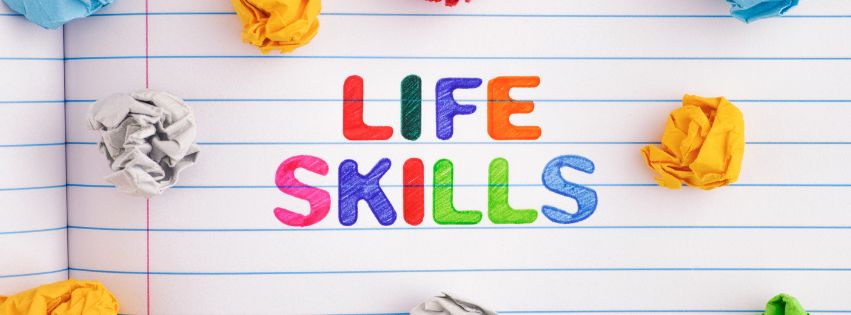Life skills training is a vital component of helping adults with learning disabilities to achieve greater independence and lead fulfilling lives. These essential skills, which range from personal hygiene to managing money, empower individuals to navigate daily challenges more effectively.
Here at Case Training, we understand the importance of tailored life skills programmes and the positive impact they can have on overall wellbeing. In this blog, we’ll explore the significance of life skills training for adults with learning disabilities and highlight key areas of development that contribute to their personal growth and independence.
Building independence
For adults with learning disabilities, achieving a level of personal independence is crucial for self-confidence and autonomy. Life skills training provides individuals with the practical tools they need to carry out daily tasks on their own or with minimal support. Skills such as preparing meals, maintaining a clean living space and personal grooming are all foundational to independent living.
This kind of training helps to reduce dependence on caregivers and enhances self-reliance. When individuals can accomplish tasks independently, they gain a sense of accomplishment and pride in their abilities, which has a positive effect on their mental and emotional wellbeing.
Improving social and communication skills
Life skills training doesn’t just focus on practical tasks; it also includes the development of social and communication skills. These are essential for building relationships, interacting with others, and navigating social situations with confidence.
For adults with learning disabilities, communicating effectively with peers, coworkers or service providers can be challenging. Life skills training provides strategies for improving verbal and non-verbal communication, active listening and understanding social cues. In turn, this enables them to form meaningful connections, express their needs, and interact more confidently in everyday situations.
Developing financial management skills
One of the most important aspects of life skills training is learning how to manage money. Understanding basic financial concepts, such as budgeting, saving and spending wisely, is essential for achieving independence. Adults with learning disabilities can benefit from tailored financial literacy workshops that teach them how to manage their own finances, pay bills, and make informed spending decisions.
This knowledge not only increases financial independence but also helps to prevent exploitation or misuse of funds. Whether it’s learning to use online banking or understanding how to make a shopping list based on a budget, financial skills are an important part of building confidence and independence.
Enhancing personal safety and wellbeing
Life skills training also emphasises the importance of personal safety and health management. For adults with learning disabilities, it’s essential to understand how to stay safe both at home and in public spaces. This might involve learning about basic first aid, road safety, or how to respond in emergency situations.
In addition, training in personal health and hygiene is crucial for maintaining physical wellbeing. This includes understanding proper nutrition, managing medications, and maintaining good personal hygiene practices. By developing these skills, individuals can take better care of their physical health, which directly impacts their overall quality of life.
Preparing for employment and community involvement
For many adults with learning disabilities, gaining employment or becoming actively involved in their community is a significant goal. Life skills training provides the foundation for success in both of these areas. Job readiness programmes teach individuals important work-related skills such as time management, communication and problem-solving.
These skills are not only necessary for employment but also for wider social involvement. Whether volunteering or participating in clubs, being equipped with the right life skills allows our students to engage with their community and make meaningful contributions.


